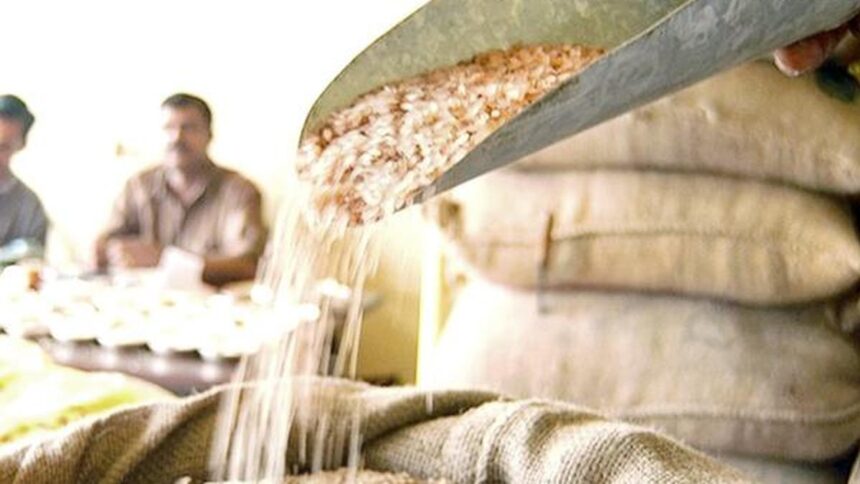India’s decision to export 1 million tonnes of non-basmati white rice to Indonesia through the National Cooperative Export Ltd (NCEL) has sparked interest in the global rice market. This move comes after the Indian Cabinet approved the plan, with the agreement set to be signed between Indonesia’s Bulog agency and India’s NCEL.
The decision to export rice to Indonesia is significant as it opens up new opportunities for Indian rice exporters in a major rice-consuming country. The move is expected to boost India’s rice exports and strengthen bilateral trade relations between the two countries.
It is worth noting that the rice to be exported will not come from the government-owned buffer stock, ensuring that domestic availability is not affected. This move is essential to maintain stable rice prices in the domestic market and meet the growing demand for rice in Indonesia.
The global rice market has seen fluctuations in prices, with a marginal increase in prices observed since mid-November. The removal of export curbs by India in October 2024 has had an impact on global rice prices, with other rice-exporting countries like Pakistan and Thailand also adjusting their prices.
Despite weather challenges, India has maintained a strong rice production record, with 137.82 million tonnes produced in 2023-24 and an estimated 119.93 million tonnes for the current kharif season. The export of non-basmati rice from India has also been robust, with 5.77 million tonnes worth $2.79 billion exported during April-October of the current fiscal year.
Overall, India’s decision to export rice to Indonesia is a strategic move that will benefit both countries and contribute to the stability of the global rice market. As the world’s largest rice producer, India plays a crucial role in ensuring food security and meeting the growing demand for rice worldwide.










